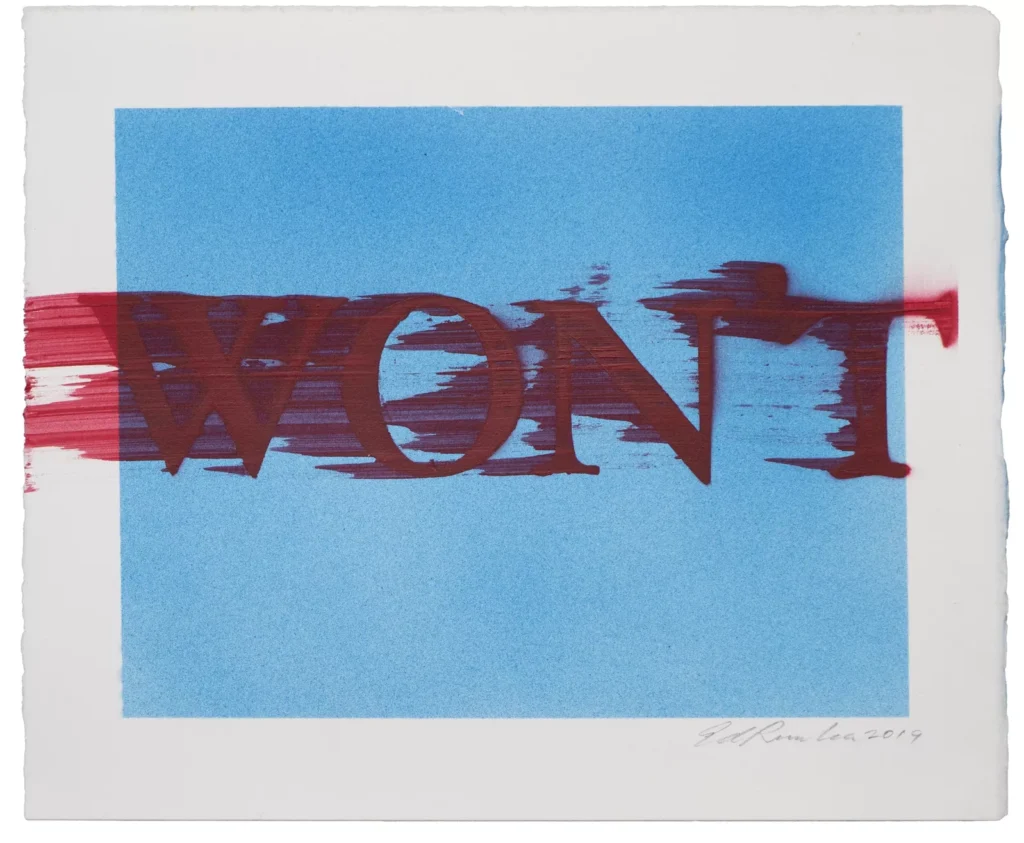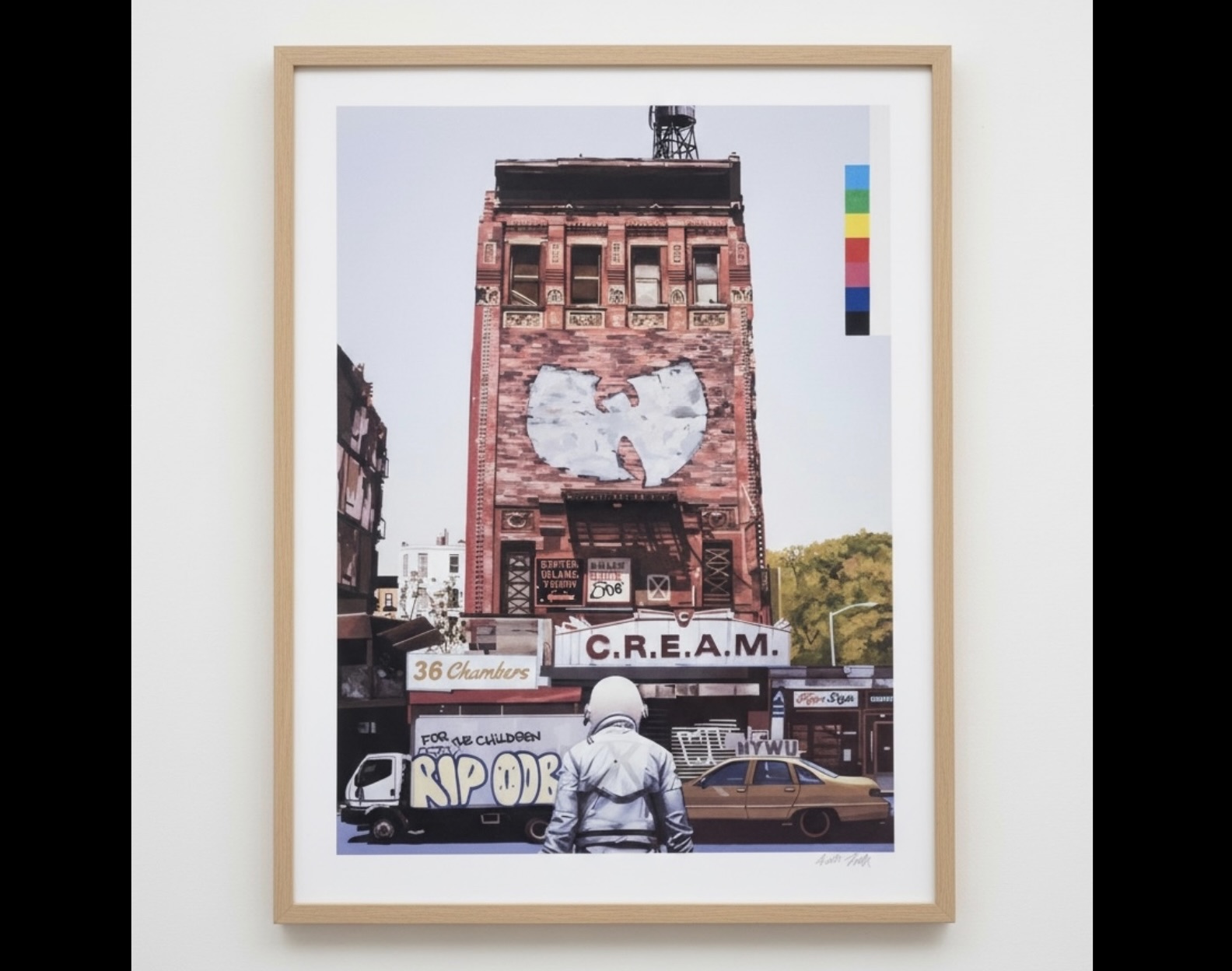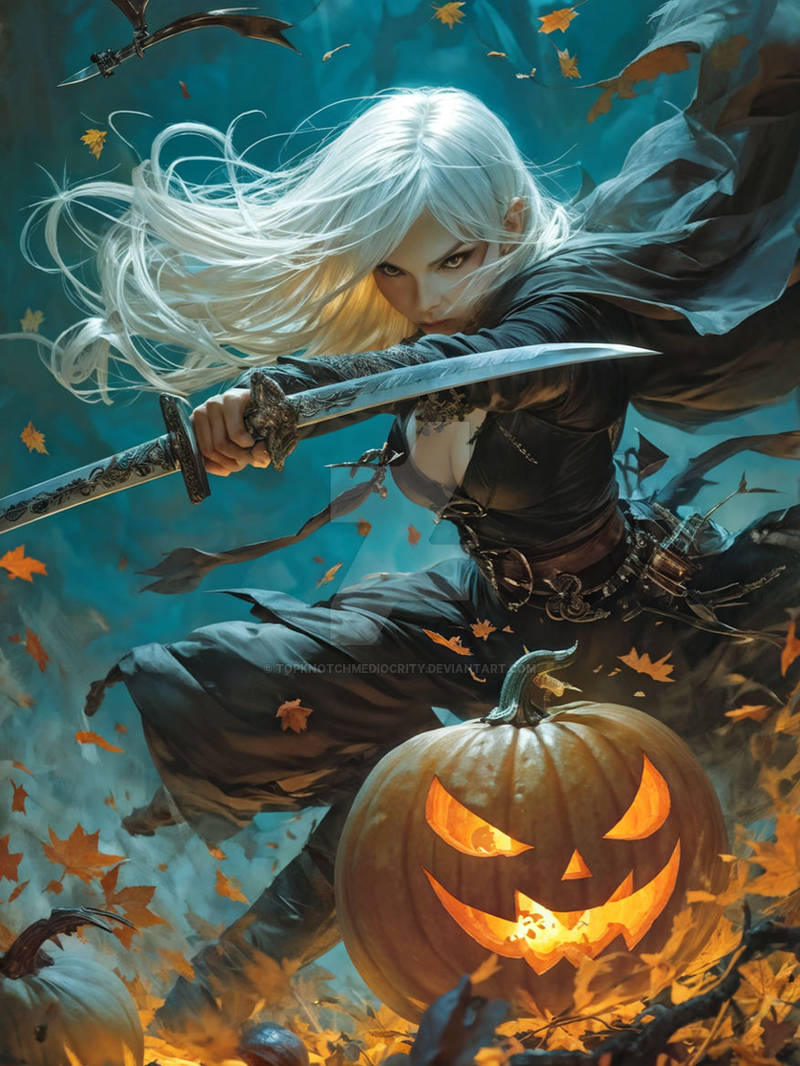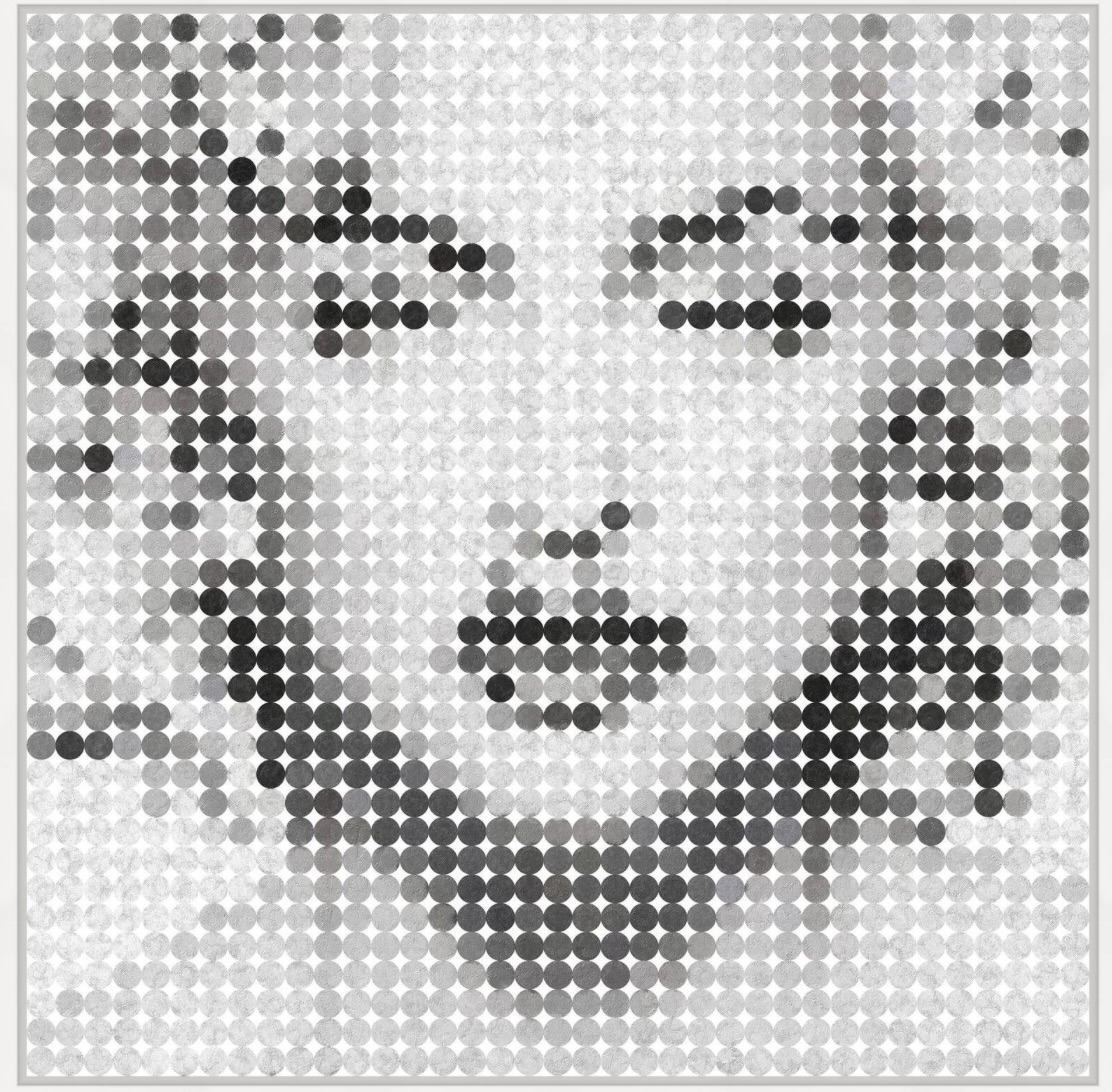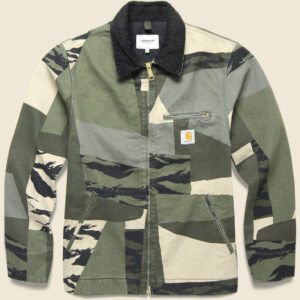When Ed Ruscha painted WON’T in 2019, he distilled a lifetime’s fascination with the language of refusal into a single, stunning visual contraction. Measuring just over seven by nine inches, executed in dry pigment and acrylic on paper, this small but potent work is a concentrated study in contradiction — at once serene and confrontational, precise and impulsive, deliberate and defiant. Offered as part of the ARTWALK NY live benefit auction in 2023 to support the Coalition for the Homeless, WON’T carries both an aesthetic and social resonance, uniting Ruscha’s lifelong engagement with American language and his commitment to causes that challenge complacency.
power
Since the 1960s, Ed Ruscha has built an entire artistic universe around the visual and emotional potential of single words. He treats words not merely as linguistic tools, but as objects — sculptural, graphical, sometimes absurdly monumental. The artist’s choice of words is never arbitrary: they become catalysts for meaning, snapshots of cultural psyche. From OOF to PAY NOTHING UNTIL APRIL, Ruscha’s vocabulary spans the banal, the comic, the threatening, and the philosophical. In WON’T, the refusal feels especially personal — not simply a statement of denial but a stance of independence. The contraction itself, stripped of its grammatical context, becomes a protest against acquiescence.
“WON’T” is one of the most emotionally charged monosyllables in English. It implies resistance, the drawing of a line. Yet when rendered by Ruscha in painterly form, it also becomes aesthetic — the shape of rebellion as design. His typography, sharp and serifed, is disciplined and classical. Against this precision, the red acrylic smear that cuts across the word suggests the intrusion of passion or disruption. The work thus stages an argument between control and chaos, compliance and defiance — a dialectic that mirrors much of contemporary American culture.
material
Ruscha’s technical mastery lies in his use of unorthodox materials to create luminous, atmospheric color fields. WON’T combines dry pigment with acrylic paint, a blend that emphasizes contrast between the matte softness of the background and the viscous immediacy of the red brushstroke. The pale sky-blue square at the center of the sheet feels weightless, almost digital in its smoothness, recalling the artist’s long-standing obsession with the open skies and fading signage of Los Angeles. Against this, the crimson band intrudes like a wound — a violent gesture disrupting the calm.
Ruscha has experimented with dry pigment since the 1960s, often applying it with cotton puffs or stencils to achieve hazy gradients that recall both smog and sunset. Here, the pigment’s powdery texture contrasts beautifully with the density of the acrylic mark. The red paint doesn’t merely pass over the letters; it seems to smear them, dissolving edges and conjoining form and motion. It evokes the process of erasure, censorship, or even speech breaking down mid-utterance — the physical impossibility of saying “won’t” without movement.
gesture
What makes WON’T particularly powerful is its balance between formal rigor and painterly spontaneity. The blue square is carefully measured, almost digital in its geometry. The typography is printed with the precision of a typesetter. Yet the red stroke that crosses it all introduces imperfection — the human hand in rebellion against the mechanical. In this sense, the painting embodies one of Ruscha’s central artistic concerns: the tension between the reproducible image of the American vernacular and the individual mark of expression.
Ruscha’s work has always navigated the border between high art and commercial design. Trained initially as a graphic artist, he brought the sleekness of advertising into the space of painting, turning words into icons of desire or disillusionment. But even as he mastered the detached style of signage, he infused it with ambiguity. In WON’T, that ambiguity takes a visceral form. The red smear could be a form of censorship — a refusal to let the word fully exist — or an affirmation of gesture, as if the artist’s hand itself declares “won’t” by defacing the perfection of the printed word.
flow
Language, for Ruscha, has always been a form of landscape. His words float against backgrounds that suggest sky, desert, or screen, echoing his lifelong fascination with Los Angeles’s vast visual emptiness. In this context, WON’T reads like a horizon of resistance — a refusal etched across an expanse of calm blue. The artist’s choice of color amplifies this reading: the blue evokes serenity or detachment, while the red intrudes as a pulse of emotion. It’s a confrontation between cool rationality and heated instinct, between what can be controlled and what refuses to be.
Thematically, WON’T also resonates with the late 2010s — a decade of protests, refusals, and ideological fractures. In 2019, when the work was created, the cultural atmosphere was defined by tension: climate strikes, social uprisings, political division. Ruscha’s piece, though apolitical in explicit content, captures that spirit of negation, the quiet but absolute act of saying no. It is resistance distilled into form — an aesthetic of dissent.
union
Ruscha’s career has long intertwined with acts of social generosity. His participation in ARTWALK NY — an annual event benefiting the Coalition for the Homeless — underscores his awareness of art’s civic responsibility. The Coalition, one of New York’s oldest advocacy organizations for unhoused individuals, uses art auctions not merely to raise funds but to draw attention to the city’s moral landscape. By contributing WON’T to this event, Ruscha aligns the act of refusal (“won’t”) with ethical assertion — a declaration against indifference.
The work also fits within Ruscha’s late-period exploration of text disruption. In recent years, his paintings have increasingly featured blurred, crossed, or obscured words — visual metaphors for language eroding under pressure. WON’T shares DNA with pieces like Endless Collision or Doubt, where clarity and uncertainty coexist. The red smear across the letters transforms language into gesture, echoing the artist’s belief that “words have temperature.” In this case, the word burns.
idea
WON’T is a study in compression — a miniature act of monumentality. Its small scale forces intimacy; the viewer must come close, like leaning in to hear a whispered refusal. Yet its formal clarity and chromatic force give it surprising authority. It could be a fragment of a billboard, a microcosm of a larger landscape, or a single line of defiance extracted from a larger conversation.
The edges of the paper, left raw and deckled, emphasize the handmade quality of the work. The signature “Ed Ruscha 2019” anchors it in time, but the gesture feels timeless. Across six decades of artistic practice, Ruscha has never abandoned his faith in the word’s power to destabilize meaning. Here, even as the pigment blurs and the stroke smudges, the refusal endures.
impression
WON’T is Ed Ruscha at his most distilled: a word, a colour, a gesture — nothing more, nothing less. Yet within that minimalism lies a profound statement about agency, speech, and will. The painting functions simultaneously as an aesthetic object and a moral proposition: to refuse, to stand apart, to define one’s space of silence amid noise.
As a contribution to the ARTWALK NY benefit, it also operates on a human level — transforming the act of “won’t” into an affirmation of care. It reminds us that resistance and compassion are not opposites but complements. Ruscha’s simple word painting becomes a meditation on dignity: the dignity of saying no, and the dignity of helping others to say yes to life.
No comments yet.

